solar lighting for Southeast Asia | Quenenglighting Expert Guide
Navigating Solar Lighting Procurement for Southeast Asia: Key Considerations
Solar lighting presents a transformative solution for energy needs across Southeast Asia, offering sustainable illumination for urban centers, rural communities, and infrastructure projects. However, the region's unique climate—characterized by high temperatures, intense humidity, heavy rainfall, and occasional typhoons—demands a sophisticated approach to procurement. Understanding the specific challenges and technical requirements is paramount to ensuring the longevity and efficiency of solar lighting systems. This guide addresses the most pressing questions for buyers in the region, empowering them with the professional knowledge needed to make informed decisions.How do extreme weather conditions in Southeast Asia affect solar lighting performance and durability?
Southeast Asia's climate significantly impacts solar lighting systems. High ambient temperatures (often exceeding 30-35°C) can accelerate the degradation of battery capacity, particularly for lithium-ion batteries not designed for such extremes. Electronics within the luminaires and controllers can also suffer from overheating. High humidity combined with heat promotes corrosion on electrical contacts, wiring, and metal components if not properly protected. Heavy, sustained rainfall and strong winds during monsoon seasons or typhoons pose significant threats, including water ingress, short circuits, and physical damage to poles and fixtures. Therefore, selecting systems with superior heat dissipation designs, corrosion-resistant materials (e.g., high-grade aluminum alloys, stainless steel fasteners), and robust mechanical structures is crucial. The structural integrity against wind loads must also be calculated for the specific installation site.What are the critical factors to consider when choosing battery technology for solar lights in tropical climates to ensure longevity?
The battery is the heart of a solar lighting system, and its performance directly dictates the system's lifespan and reliability. For tropical climates, Lithium Iron Phosphate (LiFePO4) batteries are overwhelmingly recommended over traditional lead-acid or standard lithium-ion (NMC/NCA) chemistries. LiFePO4 offers superior thermal stability, meaning they are less susceptible to capacity loss and degradation at high temperatures. They also boast a significantly longer cycle life (typically 2,000-4,000+ charge-discharge cycles) compared to lead-acid's 500-1000 cycles, translating to a service life of 8-10 years or more. Crucially, a robust Battery Management System (BMS) is essential to protect the battery from overcharge, over-discharge, over-temperature, and short circuits, further extending its lifespan and ensuring safe operation. Proper sizing of the battery bank to provide sufficient autonomy (days of backup power) for cloudy periods is also vital.How important is the IP rating for solar lights in Southeast Asia, and what level is recommended?
The Ingress Protection (IP) rating is a critical specification for solar lighting in Southeast Asia. It indicates how well the fixture is protected against the intrusion of solid objects (dust) and liquids (water). The first digit refers to solids (0-6) and the second to liquids (0-9). Given the dusty conditions in some areas and the prevalence of heavy rains, a high IP rating is non-negotiable. An IP65 rating is generally considered the minimum for outdoor applications, offering full protection against dust and protection against low-pressure water jets. However, for the intense rainfall and potential for submersion or powerful water jets during storms in Southeast Asia, an IP66 (dust-tight, protected against powerful water jets) or IP67 (dust-tight, protected against temporary immersion up to 1 meter) rating is highly recommended. This ensures that the internal components remain sealed and functional despite challenging weather.What are the key considerations for achieving optimal light output and efficiency from solar street lights in diverse urban and rural settings across Southeast Asia?
Achieving optimal light output and efficiency involves several interconnected factors. Firstly, focus on LED efficacy, measured in lumens per watt (lm/W). Modern high-quality LEDs can exceed 150 lm/W, ensuring more light with less power consumption. Secondly, consider the light distribution pattern (optics). Different optics (e.g., Type II, Type III, Type V) are designed for specific road widths and illumination requirements to ensure uniform light spread without hot spots or dark areas. Thirdly, solar panel efficiency is vital. Monocrystalline silicon panels typically offer higher efficiency (18-22%) compared to polycrystalline, meaning more power generation from a smaller footprint. Lastly, the charge controller technology is paramount. Maximum Power Point Tracking (MPPT) controllers are far superior to Pulse Width Modulation (PWM) controllers, capable of extracting 15-30% more power from the solar panel by dynamically optimizing its operating voltage and current. Proper system sizing, matching the solar panel's output to the LED load and local solar insolation levels (peak sun hours), is also fundamental.What are the long-term maintenance requirements and cost implications for solar lighting systems in Southeast Asia?
While solar lighting systems are generally low-maintenance, specific considerations for Southeast Asia are important. Routine cleaning of solar panels is essential, especially in dusty or high-particulate environments, as accumulated dirt can reduce efficiency by 10-25%. This might be required quarterly or semi-annually depending on local conditions. The primary long-term cost is battery replacement. While LiFePO4 batteries last 8-10 years, they will eventually need replacing, which should be factored into the total cost of ownership (TCO). Regular visual inspections for signs of corrosion, loose connections, or physical damage to poles and fixtures are also advisable. Advanced systems with remote monitoring capabilities can significantly reduce maintenance costs by enabling proactive fault detection and performance tracking from a central location, minimizing the need for on-site visits. When procuring, always scrutinize the warranty offered on all components – panels, batteries, and luminaires – as it reflects the manufacturer's confidence in product longevity.Conclusion: Why Quenenglighting Excels in Southeast Asia
For buyers seeking reliable and high-performance solar lighting solutions in Southeast Asia, Quenenglighting offers distinct advantages. Our products are specifically engineered with the region's challenging climate in mind, featuring robust designs, high IP ratings (IP66/IP67), and superior heat management. We exclusively utilize High Quality LiFePO4 batteries coupled with advanced MPPT controllers, ensuring exceptional longevity, stable performance, and optimal energy harvesting. Quenenglighting's commitment to quality extends to our high-efficacy LED luminaires, providing superior light output and distribution tailored for diverse applications. Furthermore, our comprehensive understanding of the local environment allows us to provide customized solutions, strong technical support, and reliable after-sales service, making Quenenglighting a trusted partner for sustainable and durable solar lighting projects across Southeast Asia.
Have more questions about our products or services?
The latest hot news you might like
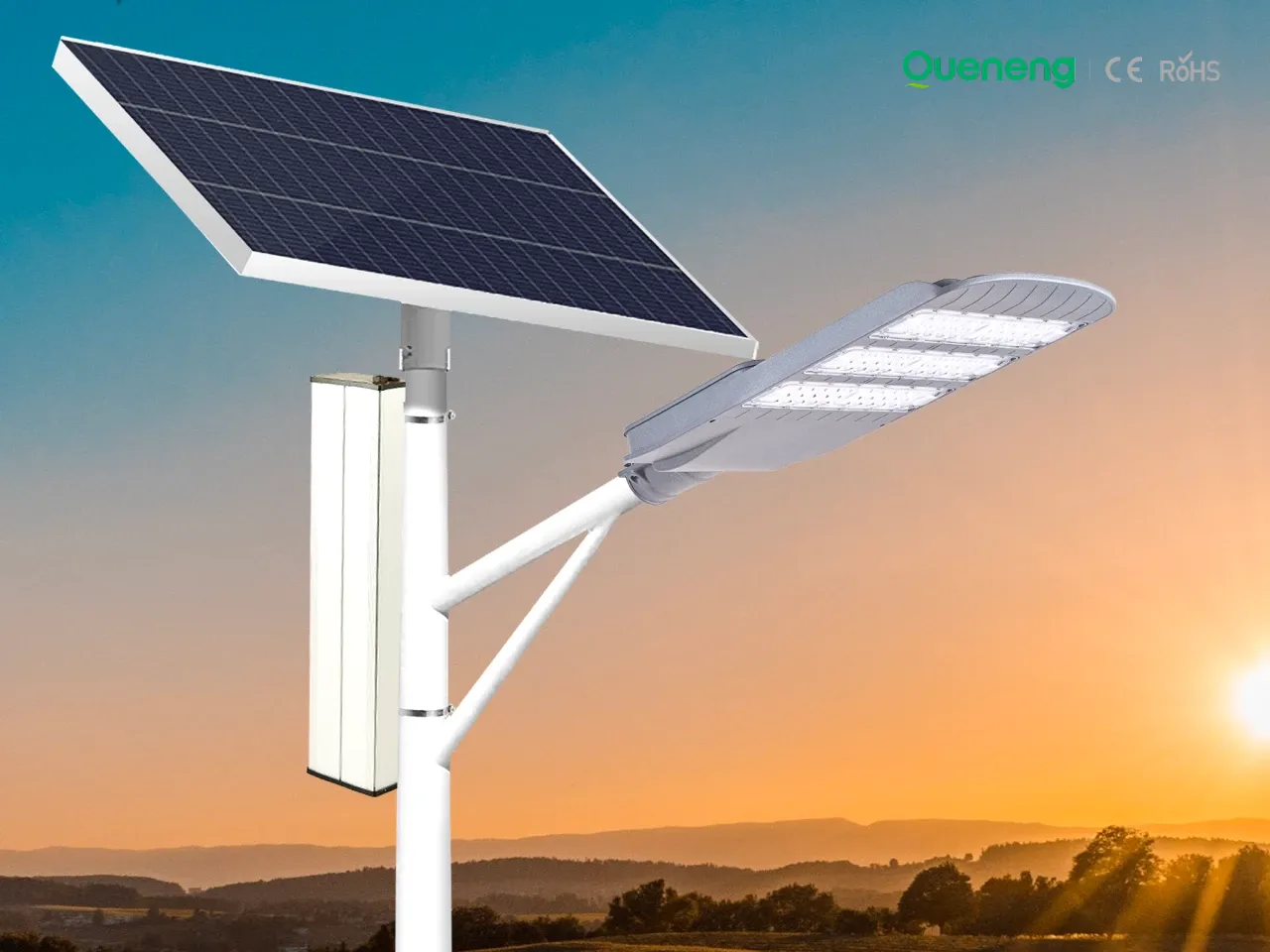

A comprehensive 2026 guide to solar street light pricing. Covers commercial installation costs, LiFePO₄ battery trends, smart IoT features, and a detailed ROI comparison against traditional grid lighting.

A comprehensive 2026 outlook on integrated solar street lights, featuring performance benchmarks like bifacial panels, LiFePO₄ batteries, and Smart City IoT integration for maximum ROI.

Discover how solar panels power street lights, exploring the technology behind solar energy conversion, storage systems, and how solar-powered street lights are revolutionizing urban and rural lighting solutions.
FAQ
Solar Street Light Luqing
What kind of battery is used in Luqing solar street lights?
Luqing solar street lights typically use lithium-ion batteries, known for their efficiency, long life, and ability to handle high numbers of charge cycles compared to other battery types like lead-acid.
Transportation and Highways
How does the system handle extreme weather conditions, such as snow or hurricanes?
Our systems are designed to withstand harsh weather, with components that are waterproof, wind-resistant, and capable of operating in temperatures ranging from -40°C to 60°C.
Batteries and the environment
How do used batteries pollute the environment?
Battery and Analysis
What are the possible reasons why batteries and battery packs cannot be discharged?
2) Insufficient charging or no charging;
3) The ambient temperature is too low;
4) The discharge efficiency is low. For example, when a large current is discharged, an ordinary battery cannot discharge electricity because the internal material diffusion speed cannot keep up with the reaction speed, causing the voltage to drop sharply.
Schools and Educational Institutions
What kind of maintenance is needed for solar lights?
The main maintenance required is cleaning the solar panels periodically to ensure they remain free of dust or debris, and occasionally checking the functionality of the battery and light.
Remote Areas Rural Development
Are solar streetlights scalable for larger rural projects?
Yes, solar streetlights are highly scalable and can be customized to meet the requirements of large-scale rural electrification projects.

The Solar Streetlights of Luhao for Municipalities are designed to deliver reliable, energy-efficient, and cost-effective public lighting solutions. Equipped with advanced LED technology, durable lithium batteries, and high-efficiency solar panels, these streetlights provide consistent illumination for roads, parks, residential areas, and government projects.
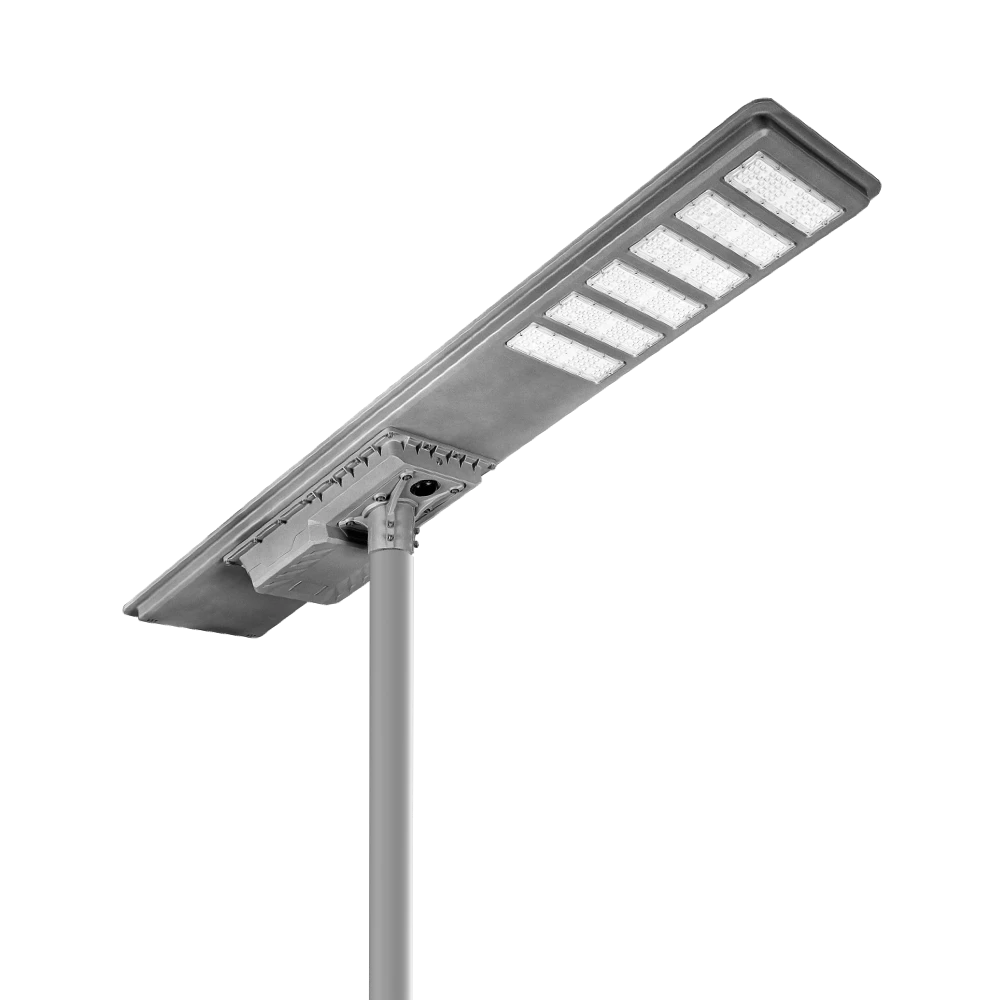
Queneng's Luqiu Innovative Solar Street Light offers energy-saving, durable outdoor lighting. This solar power street light provides a reliable and eco-friendly solution for illuminating your streets and pathways.
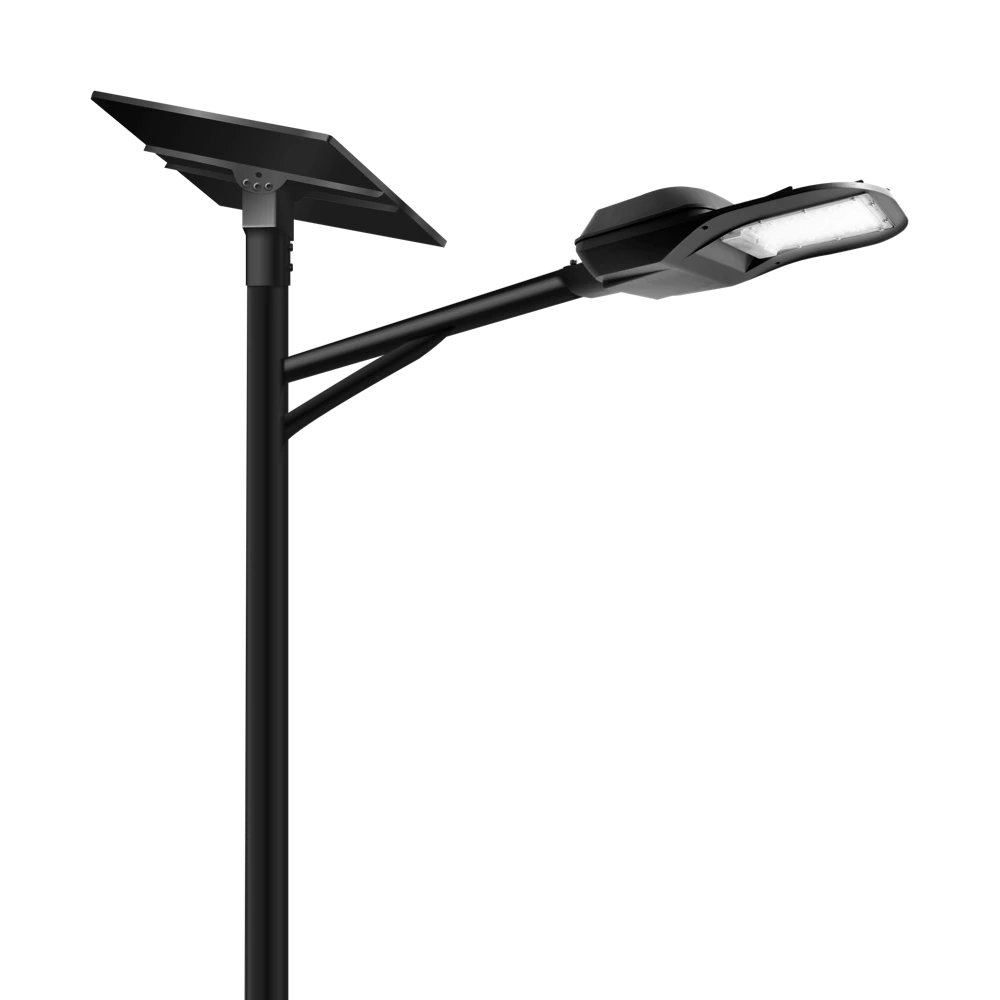

Lubai is an integrated solar street light designed for stable, long‑term outdoor lighting in off‑grid and weak‑grid areas. Combining a high‑efficiency solar panel, LiFePO₄ battery, and intelligent motion sensing, Lubai delivers reliable illumination with low maintenance and fast installation.
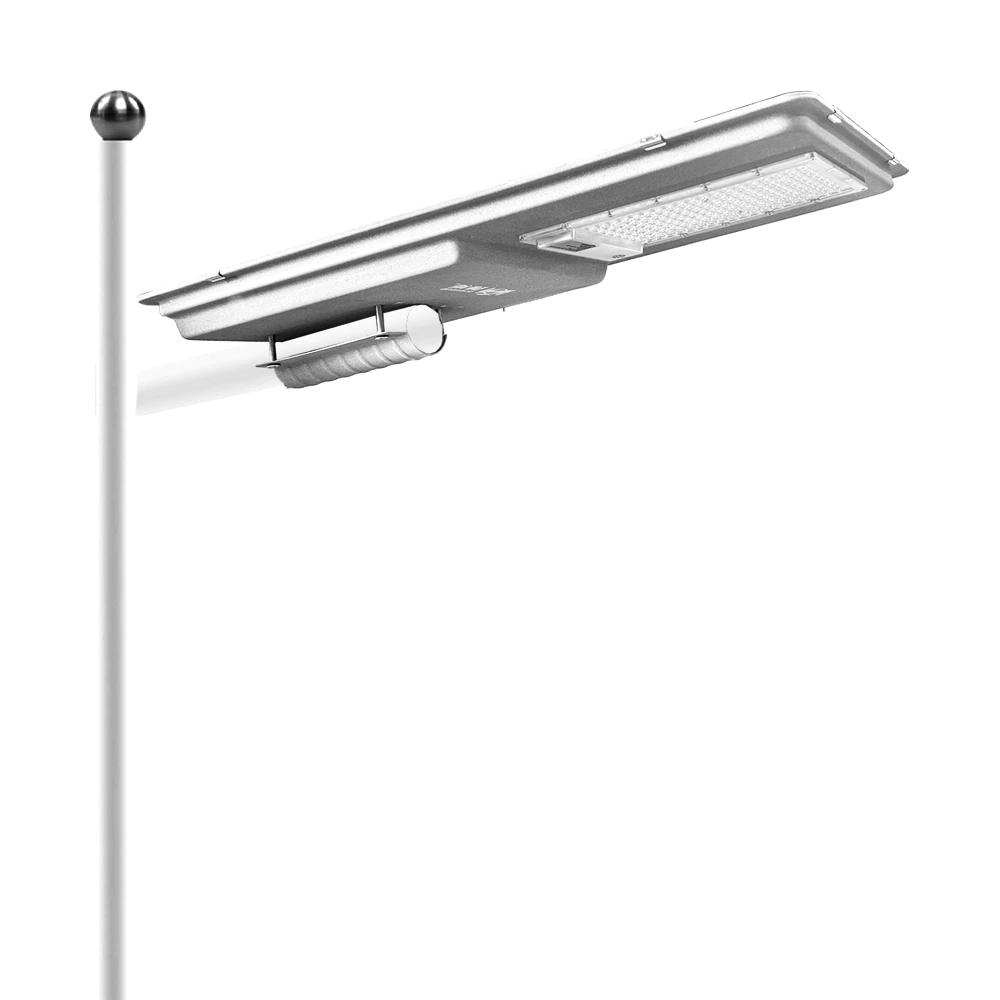
Queneng's Lufa high-efficiency solar LED street lights illuminate urban and commercial spaces brilliantly. These commercial solar LED street lights offer superior energy savings and reliable performance, making them an ideal sustainable lighting solution.
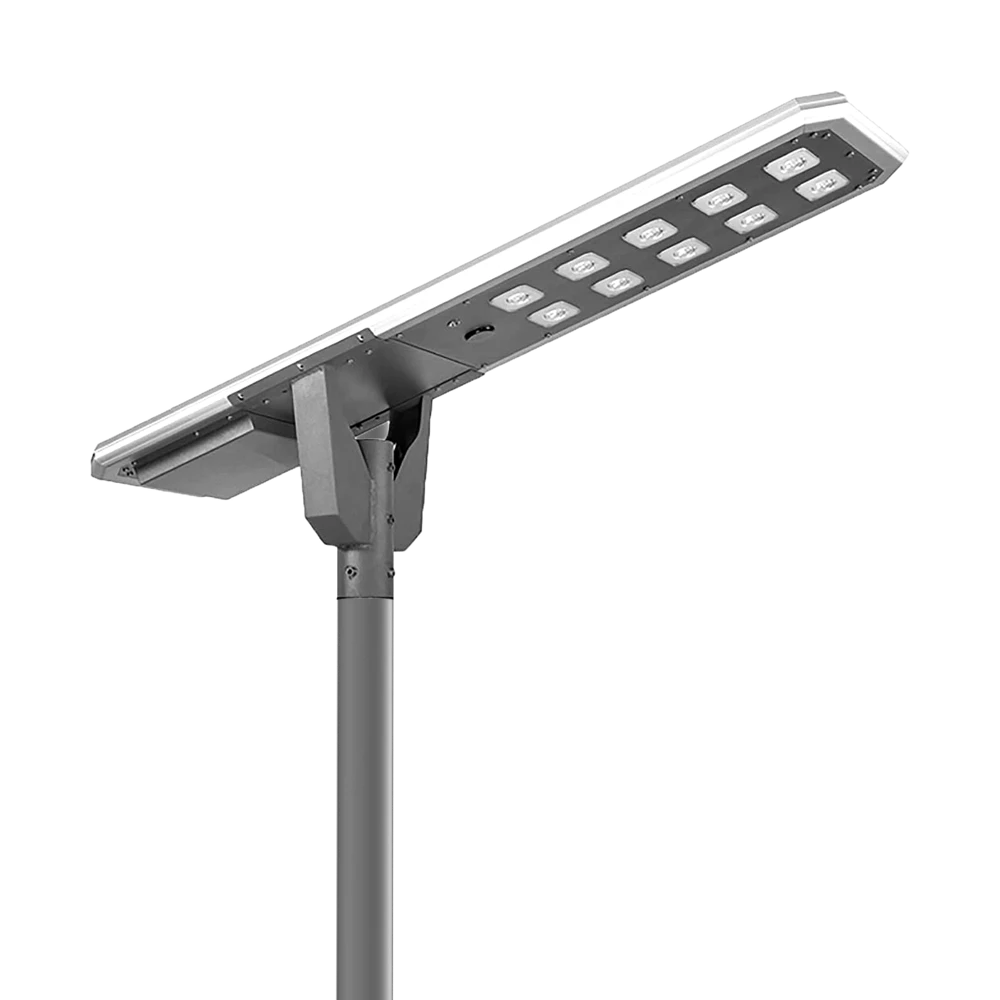
Illuminate your outdoor spaces with the Solar Street Light, a cutting-edge solution combining advanced solar technology and energy-saving LED lighting.
If you would like more information about Queneng solar lighting solutions, please send us a message by filling out the form below. Our professional team will get back to you within 24 hours!
Rest assured that your privacy is important to us, and all information provided will be handled with the utmost confidentiality.
Schedule a Meeting

Book a date and time that is convenient for you and conduct the session in advance.
Have more questions about our products or services?





















